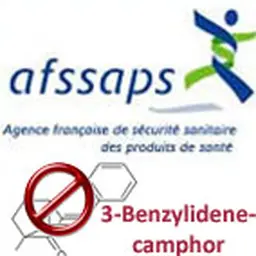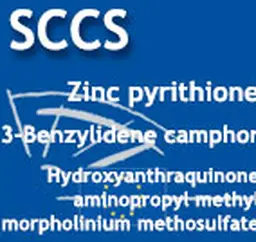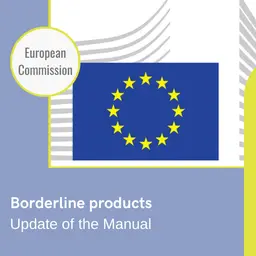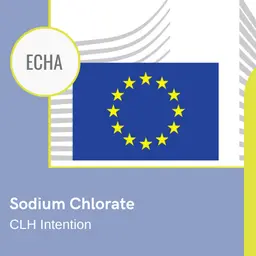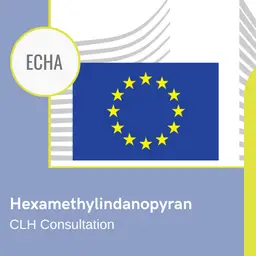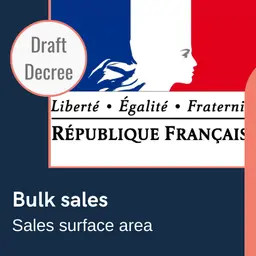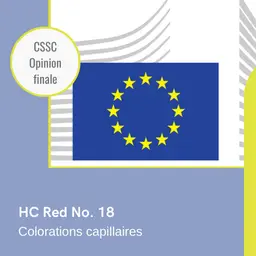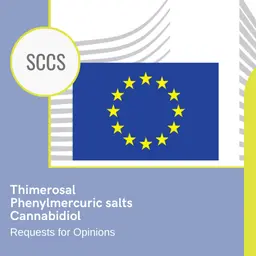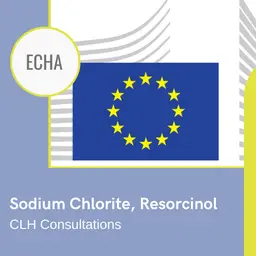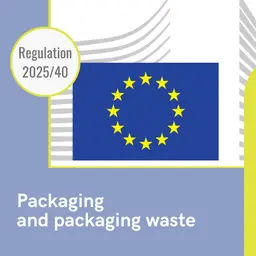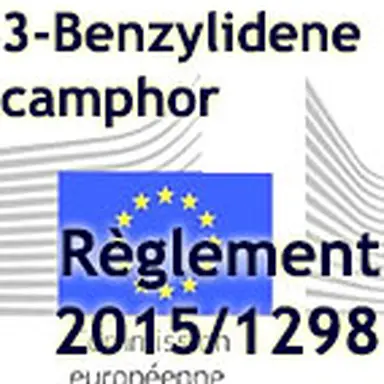
With this new regulation, published on 28 July 2015, the European Commission follows the opinion of SCCS (Scientific Committee for Consumer Safety) which had considered on June 2013 that 3-Benzylidene Camphor was not safe for use. It will be banned in cosmetic products from 18 February 2016.
From August 2011, 3-Benzylidene Camphor was already banned in France. The Afssaps (French Health Products Safety Agency replaced on May 2012 by the ANSM) had performed a safety assessment of this anti-UV filter and concluded it was an endocrine disruptor. As a consequence, it has decided to ban the manufacture, the import, the export, the marketing, the owning and the use of cosmetic products containing 3-Benzylidene-Camphor.
In an Opinion of 18 June 2013, the European SCCS had also considered that this substance in a concentration up 2.0% in cosmetic products was not safe for consumers.
Regulation 2015/1298 of 28 July 2015 is the transcription of this Opinion in the European cosmetics regulations.
The new provisions
Two annexes of Cosmetics Regulation 1223/2009 are modified.
• In Annex VI (list of anti-UV filters authorised), entry 19 is deleted.
The 3-Benzylidene Camphor is thus banned as a anti-UV filter.
• In Annex II (list of prohibited substances), entry 1379 is added for 3-Benzylidenecamp Camphor.
In addition to its use as an anti-UV filter, the substance is also used as a UV absorber. This use is thus also banned in all types of cosmetic products.
To allow the industry to make the necessary adjustments …

